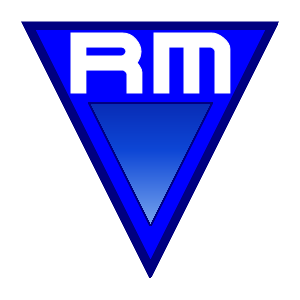Behind the Scenes Part 2
Hello, I’m Robert Metzger. I’m a ghost writer. We are behind the scenes in a video studio. I’m going to take you behind the scenes in the process of ghostwriting a book.
Today’s topic is the contract, which is the second in a series of videos. If you haven’t already watched the first one, please watch it first, to get the context.
After the initial interviews, the next step is for you to send the initial payment along with a signed copy of the standard contract. I’m not an attorney, but I paid one to write the standard contract for my ghost writing business.
The contract begins by specifying the topic that your book will address, and the expected size, either in thousands of words or in pages. You, the author, choose the word processing format and digital media to use in producing the manuscript. This defines the deliverables.
Then the contract moves on to the money matters. I normally work on a flat fee basis, with part of the payment due when the contract is signed, part due when the first draft is submitted, and part due when the final draft is accepted. This is a typical arrangement for freelance writers.
After the final draft is accepted, I am available on an hourly time and expenses basis, in the unlikely event that becomes necessary.
The contract states that my base fee does not include several kinds of expenses. The first type of expense that I will bill you for is licensing copyrighted material.
In one book I wrote, I used a number of quotes from one specific author. I might have claimed fair use, but just to be safe, I paid $400 to the literary estate of the author to license the quotes. It was worth it.
When producing technology books, it is common to have diagrams. The second type of expense that I will bill you for is subcontracting professional creative help. In the case of a diagram, you will want it prepared by a professional graphic artist.
The third type of expense is travel expenses not explicitly covered in the contract.
In all cases of extra expenses over a certain limit, I will request written confirmation from you authorizing the expenditure before I commit my funds. Once again, reimbursing a writer for expenses is typical for ghostwriting projects.
After money matters, the next major area is the mutual responsibilities of the author and the ghostwriter. I will organize and write your ideas. We have to meet regularly and at length for you to communicate those ideas to me.
The most common cause of failure of the project is the inability to meet. So the contract specifies that repeated failure to punctually attend meetings scheduled in writing is a breach of the contract.
This is your book, not mine. If you provide direction or material that I don’t think will benefit the book, I will tell you so, and state my reasons why. If you understand my reasons and still disagree, I will do things your way.
After responsibilities, the next major area is intellectual property. This is work for hire, which means that you own it as soon as you pay for it. You are the owner of the ideas and outline of the project. You hold the copyright on the completed work.
I agree not to write books or articles that might be construed as competing with your book for two years from the time you accept the manuscript with your final payment.
After intellectual property come all the general legalities. We agree that the laws of Texas govern the contract. We agree to resolve disputes through arbitration, should we be unable to resolve them otherwise. We agree that any changes to the contract must be signed in writing by both parties.
Since you own the copyright to the book, you agree to indemnify me against any lawsuits arising from its publication. The legalities section is basically legal boilerplate, typical of any contract for a wide variety of freelance writing projects.
The contract is only two and a half pages in 11 point type. So, reviewing it with your attorney should be straightforward.
There’s nothing specific to writing technology books in the contract. We will address topics related to technology books in later episodes.
That’s it for now. Check back soon for the third episode in “Technology Ghostwriter behind the Scenes.”
You can learn more about my ghostwriting business at www.robertmetzger.com.
